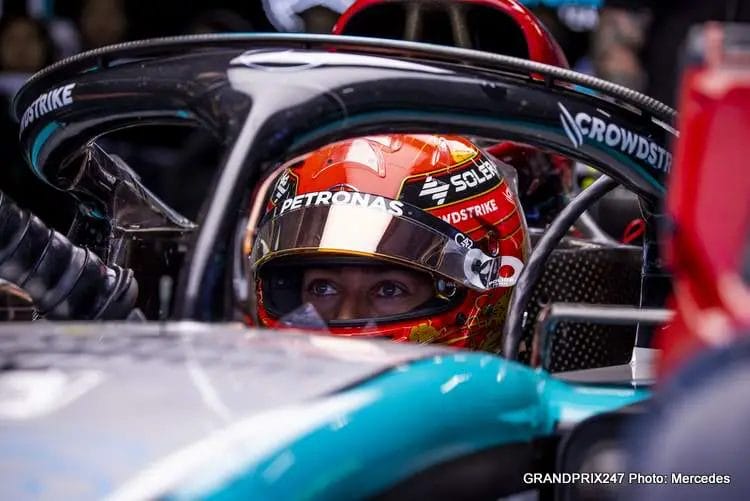The topic is currently relevant as Kevin Magnussen from Haas has accumulated 10 penalty points in just six races, resulting in a suspension within a 12-month period. This issue gains more importance as the season now consists of a record 24 races, but the penalty limit remains unchanged despite the expanded calendar. In light of these events, George Russell, director of the Grand Prix Drivers’ Association, expressed his belief that there may not be a need for immediate changes. He pointed out that in the last two decades, only one driver has received a race suspension, while red cards are often given in football matches. Russell suggests that although a race suspension may be too severe, there should still be consequences for misconduct.
In 2012, French driver Romain Grosjean became the first driver since Michael Schumacher in 1994 to be suspended after causing a significant collision in the first corner of the Belgian Grand Prix, resulting in a quarter of the grid being eliminated. Other drivers have also missed races due to illnesses or injuries, such as Carlos Sainz, who was replaced by British teenager Oliver Bearman at Ferrari in Saudi Arabia this season due to appendicitis. Bearman could serve as a backup option if Magnussen accumulates more penalty points that exceed the limit.
Magnussen began the season with no penalty points, but recently acquired a significant number in Miami due to what he described as “stupid tactics” to help his teammate Nico Hulkenberg. The Haas driver acknowledges that he may need to change his approach, as he believes that the next penalty he receives will result in a race suspension. However, he also highlights the value of playing a supportive role for his team and questions the severity of possible race suspensions for minor infractions. Magnussen concludes by accepting the current rules, but suggests that, with the increasing number of races, a race suspension could be imposed for relatively insignificant actions.







